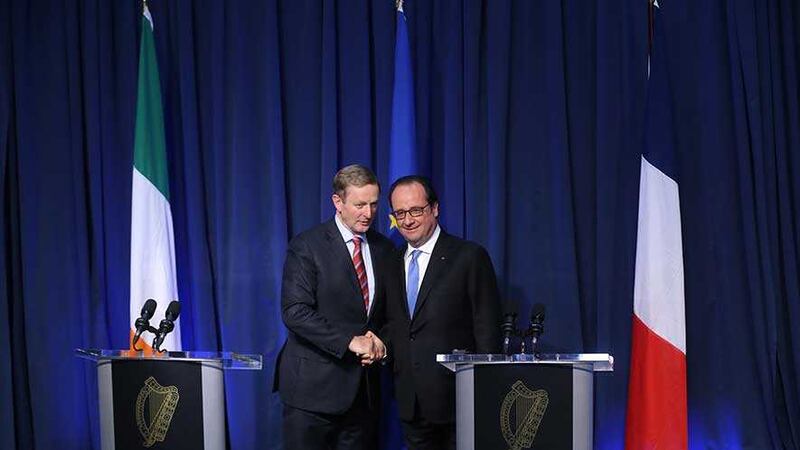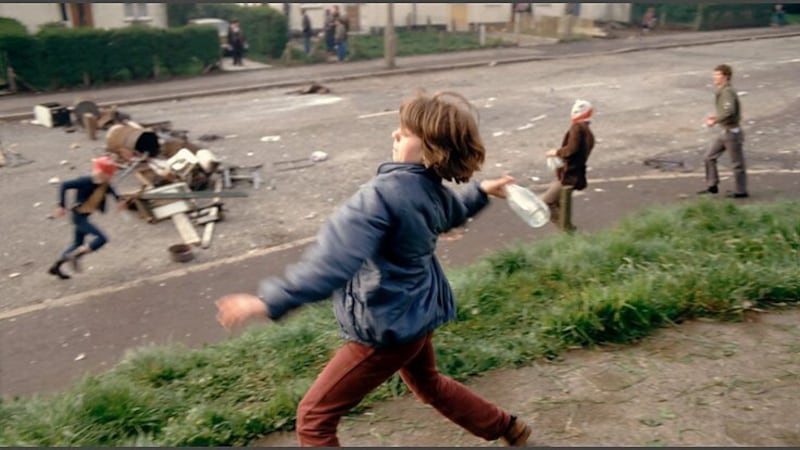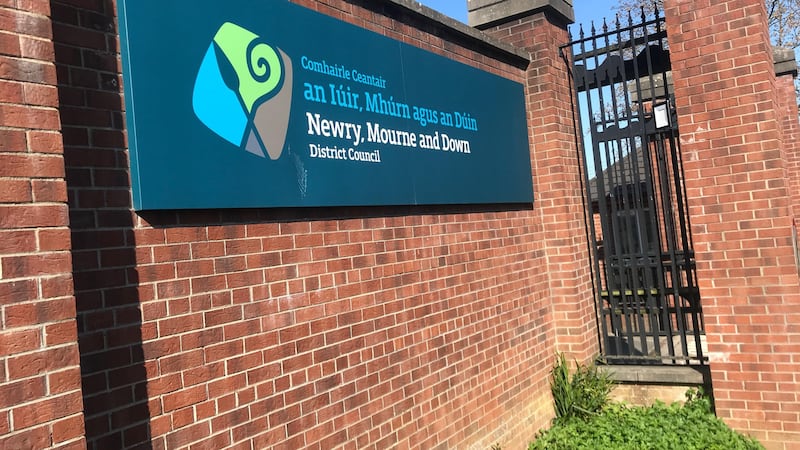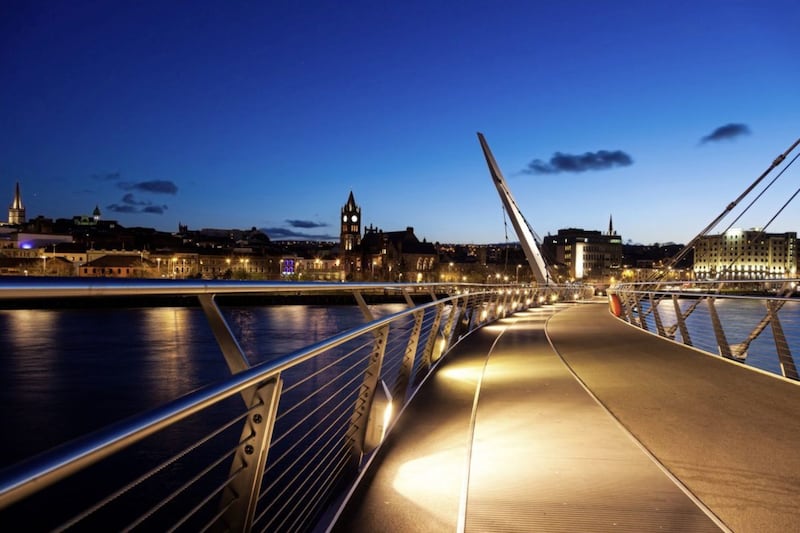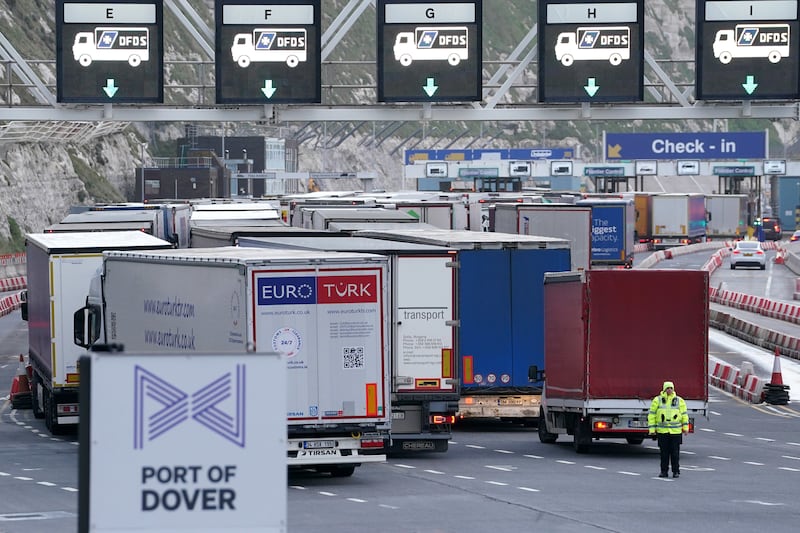FRENCH President Francois Hollande has warned British Prime Minister Theresa May that the start of Brexit negotiations cannot drag on.
Mr Hollande issued the warning after talks in Dublin with Taoiseach Enda Kenny and only hours before he meets the new PM in Paris.
"Should the negotiations be shorter? The most important thing is that they should not drag on," the president said.
"The sooner the negotiations are open the better, and the shorter the better."
The French president said suggestions have been raised that Brexit talks will start as late as December.
"It's a decision that was taken by the British people," Mr Hollande said.
"Firstly it was the British who will have to bare the consequences. Europe will try its best to give its best relationship with the UK.
"But there's a time the politicians have to accept this vote. They have to accept the consequences."
Mr Hollande's trip to Dublin was arranged before last Friday's Bastille Day atrocity in Nice.
Eighty-four people were killed when Tunisian Mohamed Lahouaiyej Bouhlel drove a truck into crowds enjoying celebrations and fireworks over the Promenade des Anglais.
Another 15 people remain critically ill in hospitals.
While Mr Hollande's trip to Dublin has been scaled back in the wake of the terror attack, he has retained a commitment to meet President Michael D Higgins.
He will be back in Paris for talks with Mrs May this evening.
Defence, deepened security and counter-terrorism measures across Europe were also discussed.
On the ramifications of Brexit for Ireland's so-called soft border with Northern Ireland, Mr Kenny reiterated that it should remain.
"We do not favour a hard border. Obviously we do not want to see a European border from Dundalk to Derry, that would not be acceptable," the Taoiseach said.
"We'd be vigilant in terms of people moving through who might have tendencies to be involved in terrorist activities."
Mr Hollande called for greater sharing of information between countries facing the terrorism threat.
"We have to exchange as far as possible information to track a certain number of individuals and avoid any doubt setting in," the French leader said.
On the border, Mr Hollande said he understood the concerns about ensuring the peace process is not damaged by Brexit.
"I do recognise there is a special situation here for Ireland," he said.
"It's a special situation and it has to be found a special place in the negotiations."
The discussions in Dublin also focused on international and domestic security, the economies and issues relating to energy.
Mr Kenny said Ireland was working on laws which may allow data and information on terror suspects in Ireland to be shared with Britain.
"Obviously where information might be available, which might be tracking terrorist activities or communications, this is an important priority for Ire to assist in preventing terrorist activities," he said.
Mr Kenny also said the French leader was aware of the importance of the EU in cementing the peace process in Northern Ireland.
"Europe has contributed greatly to the support of the Good Friday Agreement in putting that fragile peace together," the Taoiseach said.
"We see, as a country with a land border here, this peace process is absolutely essential."
Mr Kenny also called for EU leaders to determine how they wanted the union to look 20 years from now before they meet for talks in Bratislava in September.
Mr Hollande was also pressed on air strikes by coalition forces which have left scores of people dead and whether France took any responsibility.
"I don't have any accurate information about what the French planes could have done," he said.
"We are very strict about how we make our strikes and I have no feedback about the responsibility of the French."
It has been reported that 73 civilians were killed in US air strikes on a Syrian village in what activists claim is the most deadly attack on non-combatants since a coalition began bombing Islamic State positions.
